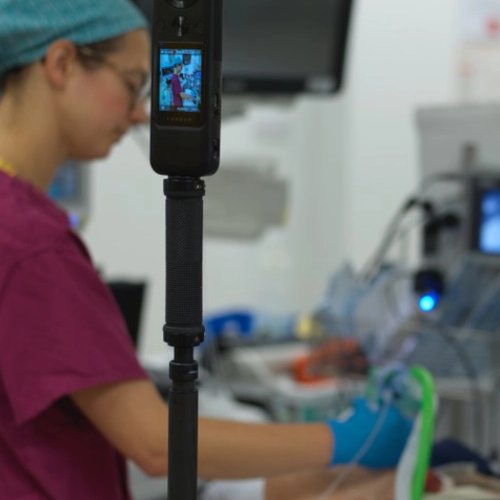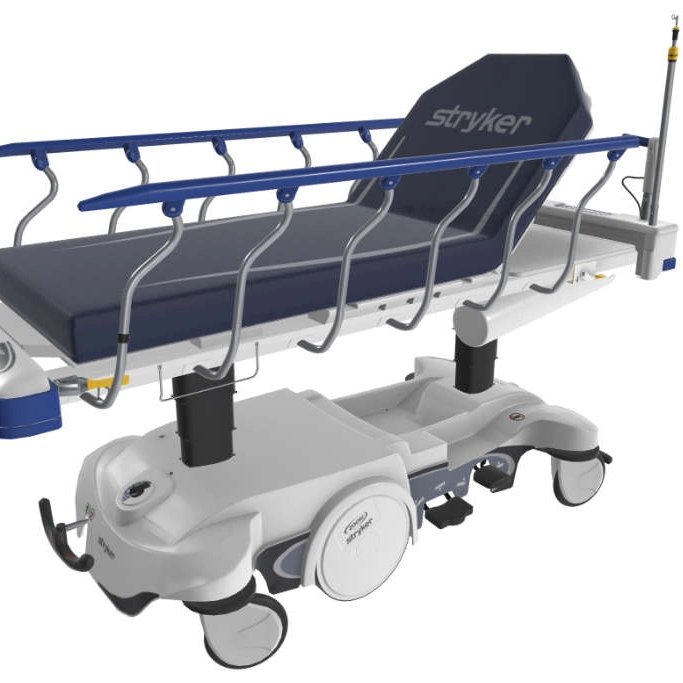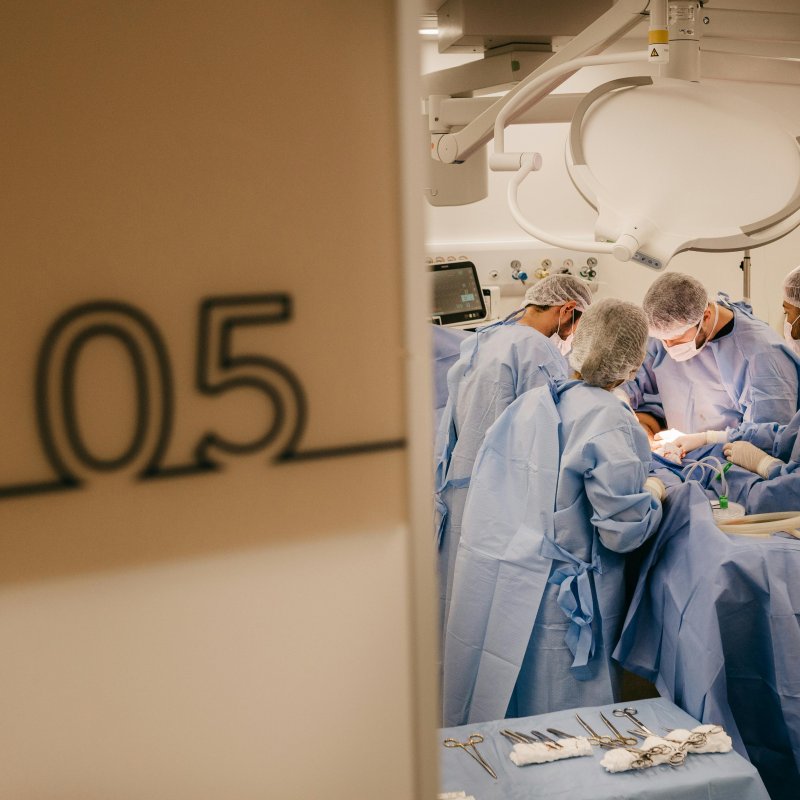Contact Us
+44 20 32897141 / 1 Pickle Mews, London, SW9 0FJ
How Medical VR Can Sit Alongside Traditional Medical Training
Published
Jun 26, 2024
Tags
Training is the foundation of any medical profession. It enables doctors, nurses, and surgeons to hone their skills and build core competencies for clinical scenarios. Whilst training is crucial, the format in which it is currently delivered comes with limitations. VR (virtual reality) is here to close the gap and continue critical training beyond those common barriers faced in the healthcare sector.
Barriers to Medical Training
In-person medical training provides valuable practice to medical professionals by giving them the opportunity to learn from the best, practice core skills, and ask questions to expand their knowledge in their chosen profession. The chance to perform these real-life lessons, however, is hindered by the following barriers.
Time Pressures
Time pressure from both the trainers and trainees has become widespread across all areas of healthcare and has been amplified in recent years. The lack of availability and possible clashes in schedules means there is limited opportunity to actually conduct in-person training, whether that is facilitating a surgical procedure or demonstrating an emergency response. This barrier stems into one of the following scenarios: either, a trainee misses out on a vital training opportunity and therefore doesn’t ascertain the knowledge they need, or training procedures rarely take place, limiting learning potential.
Available Medical Resources
It’s not just people’s time that is limited, either – often, availability of resources can be scarce. Medical equipment and specialist devices are notoriously expensive, and stock in hospitals or care settings may be limited to just one in an entire facility. So, having an occasion to train on these rare medical devices is near-enough impossible. This limitation translates to a lack of competency and muscle memory retention that is often vital for procedures, especially in those emergency scenarios.
Rare Training Opportunities
For those rare, specialist, and even groundbreaking surgeries that happen once in a blue moon, the limitation becomes both the geography and the timing. Meaning, only a select few learners would be granted the opportunity to observe and train, restricting access to this specialist care for patients.
It's safe to say that in-person medical training will remain a crucial element of any training programme as it is fundamental to have those real-life experiences. However, it cannot remain the only option, requiring a format that will prioritise immersive training at scale.
How VR Can Assist Medical Training
The incorporation of innovation is a core tenet of medical training, and that includes the format in which it is delivered. The recent pandemic spurred medical training programmes to re-evaluate the structure of traditional medical training, leveraging more remote-based options. And VR takes this to the next level, bringing not only the accessibility to the forefront but also creating a sense of being right there in the room.
Medical VR doesn’t replace medical training – it accelerates it.
VR is here to rise to the challenge, overcoming those barriers that are faced in traditional medical training. Virtual reality is proven to improve technical and procedural competencies and is a constantly evolving format that can support medical training in a number of ways.
For the NHS, it has the possibility to address pressing resource restraints and deliver transformative learning at scale. Virtual reality offers a supplementary format that can be scaled not only across one Trust, but provides content that could be accessible across the entire NHS.
Prioritising Accessibility in Medical Training
VR takes a real-life scenario and makes it available anytime, anywhere. A chosen training scenario can be captured through 360-degree or 6DOF (6 degrees of freedom) filming and converted into a virtual format that is immersive through the interactive elements that are intertwined into the film. ExR VR films are hosted in a platform that is available to users at their convenience and is device agnostic to further prioritise accessibility. Medical professionals can access training on core competencies time and time again to accelerate cognitive understanding.
Expanding Medical Device Training
Right now, virtual and extended reality is the only way to train digital twins of rare or unreleased medical equipment. When considering expensive medical equipment where in-person training is not always feasible, filming or FullVR replica simulations can be curated to build training scenarios so all medical professionals can become proficient in its operation before a real-life scenario presents itself.
Pioneering Medical VR with ExR
ExR is inspiring medical professionals with immersive education and has been elevating medical training programmes with NHS Trusts across the country. We have embarked on numerous projects, from enhancing student nurse training with Primary Care Doncaster to simulating air ambulance medical equipment training for KSS Air Ambulance Charity. We hope to widen access to this transformative form of healthcare training and build a collaborative platform where Trusts nationwide can utilise the same content.
To discover how you can elevate your medical training programme with VR, speak to our team.
Most recent posts
Like what you read?
Please get in touch with us.



